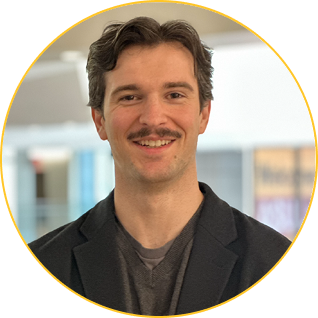Experiential learning for practical skills in First Amendment law
The First Amendment Clinic gives students experience in many aspects of a First Amendment law practice. The clinic’s workload is different every semester, due to the wide range of matters we will take on. Students have defended libel and invasion-of-privacy suits, litigated First Amendment-based civil rights claims, argued to unseal court records, fought to make state and federal government agencies release documents, written friend-of-the-court briefs in a wide array of cases, provided pre-publication assistance for authors, helped authors obtain interviews with controversial prisoners, and fought for changes in government policies.
Students can enroll for four, five or six credits. Two credits will be given for the graded seminar portion, and either two, three or four credits will be pass/fail for the client component.

